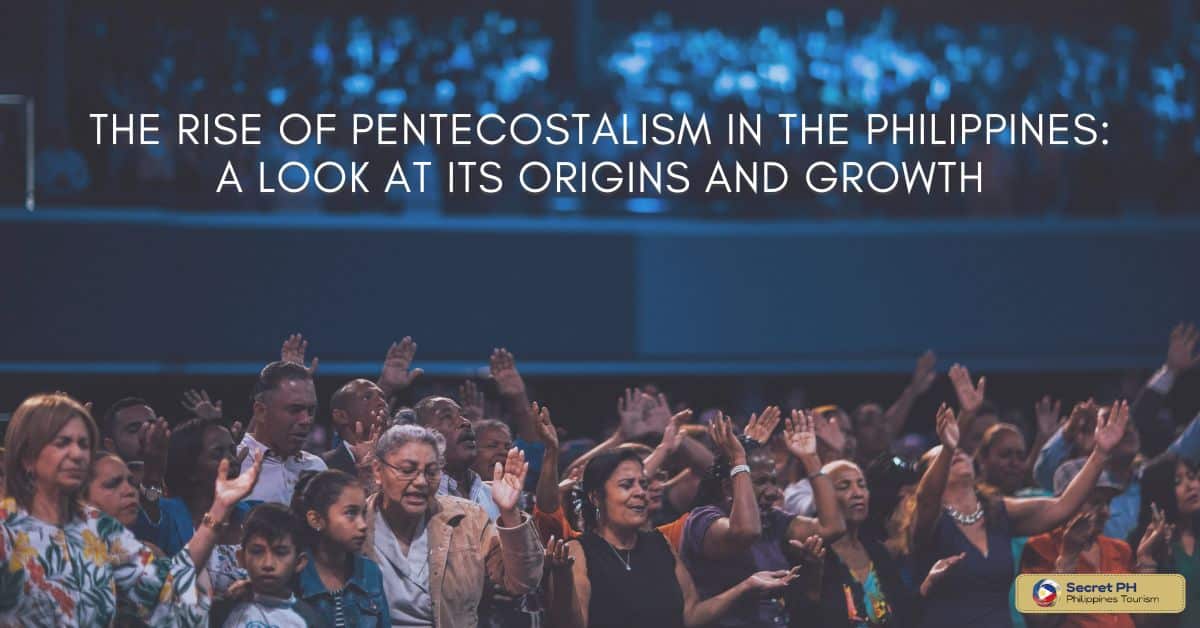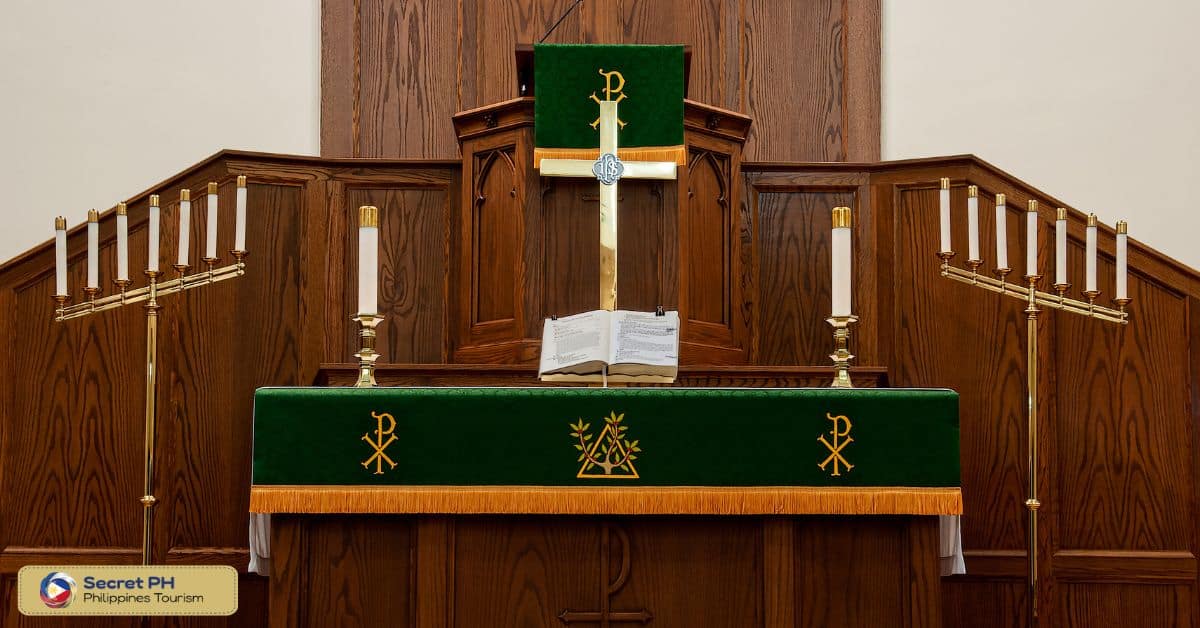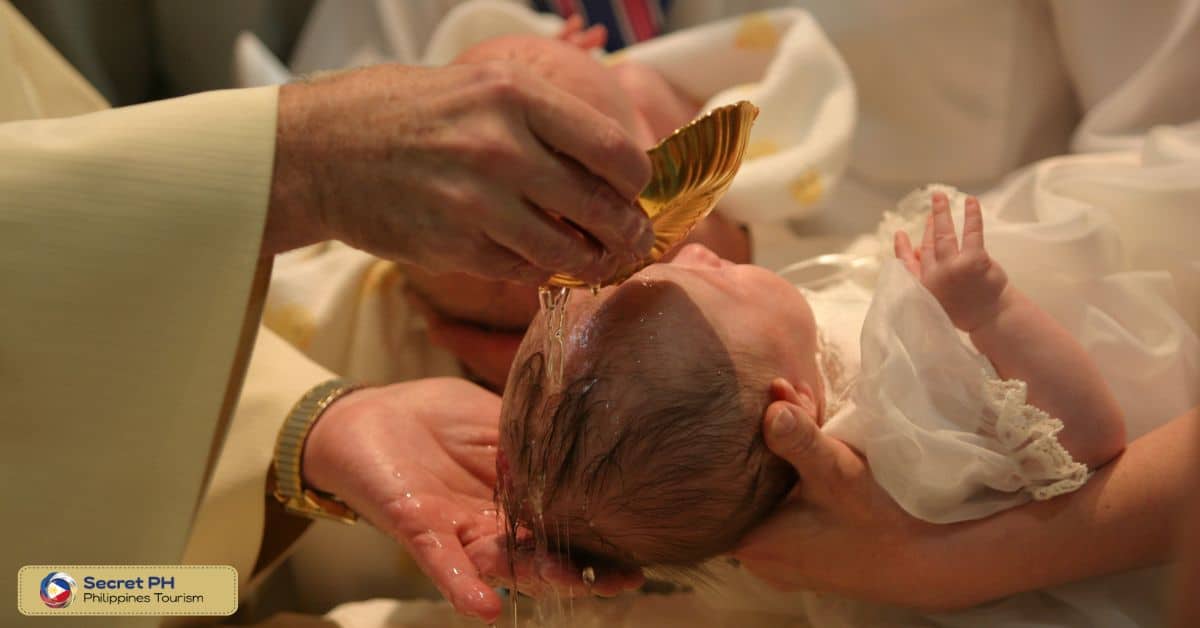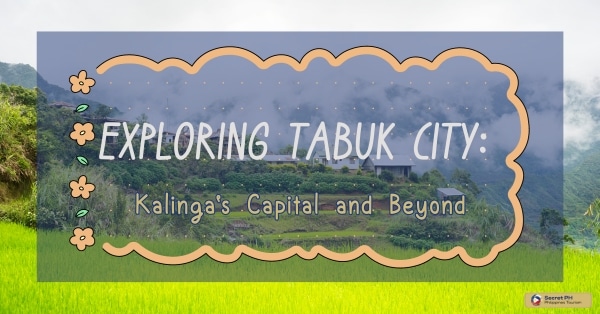Pentecostalism has grown rapidly in the Philippines due to its adaptability to local culture. Emphasis on personal experience, and social engagement. Though it faces opposition from traditional churches and challenges of rapid growth and sustainability. Pentecostalism’s ability to innovate and appeal to diverse communities bodes well for its future.
In this blog post, we explore the origins of Pentecostalism. Its key beliefs and practices, its impact on Philippine society, and what the future might hold for Pentecostalism in the Philippines. Join us as we delve into this fascinating topic and uncover a wealth of knowledge about one of the most influential religious movements in the country today.

Introduction to Pentecostalism in the Philippines
Pentecostalism is a rapidly growing religious movement in the Philippines. With a significant presence in both urban and rural areas. Its origins can be traced back to a revival that started in Los Angeles, USA in 1906.
Pentecostalism is characterized by the emphasis on personal spiritual experiences. Such as speaking in tongues, faith healing, and prophetic visions. Its followers believe in the power of the Holy Spirit to transform lives and inspire moral and social transformation.
In the Philippines, Pentecostalism has been influential in shaping the religious landscape and promoting social activism. Particularly in response to issues of poverty, inequality, and governance. Its churches often serve as centers of social services, education, and advocacy, reflecting a commitment to the holistic development of individuals and communities.

Origins and Early Development of Pentecostalism in the Philippines
Pentecostalism is a branch of Christianity that places a strong emphasis on the Holy Spirit. Its ability to infuse individuals with powerful gifts of the spirit. The origins and early development of Pentecostalism in the Philippines can be traced back to the various American missionary movements that began in the early 20th century.
These movements sought to spread their particular brand of Christianity throughout the world, and the Philippines proved to be a receptive audience. Over time, local leaders emerged, adapting the teachings of American Pentecostalism to the cultural and religious context of the Philippines.
Today, Pentecostalism remains a major force in Filipino religious life. With tens of millions of adherents across the country. Its influence can be seen in the rise of spectacular mega-churches, the popularity of televised religious programming, and in the social and political movements inspired by its teachings.

Key Beliefs and Practices of Pentecostalism in the Philippines
Pentecostalism in the Philippines is a form of Christianity that emphasizes the power and presence of the Holy Spirit in the lives of believers. This movement is characterized by a strong emphasis on the miraculous gifts of the Spirit, including speaking in tongues, healing, prophecy, and miracles.
Some of the key beliefs and practices of Pentecostalism in the Philippines include:
Baptism in the Holy Spirit
Pentecostals believe in a second experience of grace after salvation called baptism in the Holy Spirit. This is marked by an outpouring of the Spirit and is often accompanied by speaking in tongues.

Speaking in Tongues
Speaking in tongues, also known as glossolalia. Is a vocalization in an unknown language that is considered to be a spiritual gift from the Holy Spirit. Pentecostals believe that speaking in tongues is a sign of the presence of the Holy Spirit and is available to all believers.

Healing
Pentecostals believe in the power of prayer and the laying on of hands to heal the sick. This belief is grounded in the biblical accounts of Jesus and the early apostles healing the sick and performing miracles.

Prophecy
Pentecostals believe in the gift of prophecy. Which is the ability to receive messages from God and speak them to others. This gift is considered to be a way for God to communicate with his people and provide guidance and direction.

Worship
Pentecostal worship is characterized by energetic music, emotional expression, and an emphasis on personal experience with God. Worship services often include spontaneous prayer, singing, and dancing.

Evangelism
Pentecostals have a strong emphasis on evangelism and sharing the gospel with others. This is motivated by a belief in the importance of salvation and a desire to see others come to know Jesus Christ as their savior.

Overall, Pentecostalism in the Philippines is a vibrant and dynamic form of Christianity that emphasizes the power of the Holy Spirit in the lives of believers. Its key beliefs and practices reflect a deep commitment to personal spiritual experience, evangelism, and service to others.
Pentecostalism and Social Change: Impact on Philippine Society
Pentecostalism, a Christian movement known for its emphasis on spiritual gifts, has made a significant impact on Philippine society. Its influence can be seen in various aspects such as religious practices, politics, and social norms.
Pentecostal churches have gained a following in the country due to their teachings on miracles, deliverance, and healing. They have also been active in providing social services such as education, health care, and disaster relief. Pentecostalism has played a crucial role in shaping the mindset of Filipinos. Promoting values such as discipline, hard work, and personal transformation.
However, there have been criticisms of Pentecostalism’s role in politics, with some accusing its leaders of being overly involved in partisan activities. Despite these controversies, it is undeniable that Pentecostalism has had a profound impact on Philippine society, shaping the religious, cultural, and political landscape of the country.

The Future of Pentecostalism in the Philippines
The future of Pentecostalism in the Philippines is both challenging and full of opportunities. On one hand, Pentecostalism faces criticism and opposition from some sectors of society. Including traditional Catholic and Protestant churches. Additionally, there are concerns about the sustainability of Pentecostalism’s rapid growth and the potential for internal divisions and conflicts.
On the other hand, Pentecostalism in the Philippines has a strong potential for continued growth and influence. Some of the factors contributing to this include:
Cultural Adaptation
Pentecostalism in the Philippines has shown a remarkable ability to adapt to local culture and values. Making it a relevant and attractive option for many Filipinos. This adaptability has allowed Pentecostalism to spread rapidly throughout the country and gain a foothold in diverse communities.

Social Outreach
Pentecostal churches in the Philippines have a strong focus on social outreach and community service, providing assistance to those in need and advocating for social justice issues. This engagement with social issues has helped to build a positive reputation for Pentecostalism in the country and has attracted many people to the movement.

Youth Appeal
Pentecostalism in the Philippines has a strong appeal to young people, who are attracted to its energetic worship style, emphasis on personal experience, and social engagement. With the Philippines having a relatively young population, this bodes well for the future growth and influence of Pentecostalism in the country.

Technology
Pentecostal churches in the Philippines have embraced technology as a way to reach new audiences and build connections with members. This includes the use of social media, online streaming of services, and mobile apps. This approach has allowed Pentecostalism to expand its reach beyond traditional physical boundaries and build a global network of followers.

While there are challenges facing Pentecostalism in the Philippines, the movement’s ability to adapt to local culture, engage with social issues, appeal to young people, and embrace technology provide a strong foundation for its continued growth and influence in the years to come.
In conclusion
Pentecostalism in the Philippines is a vibrant and dynamic form of Christianity that has had an incredible impact on Philippine society. Its key beliefs and practices, such as baptism in the Holy Spirit, speaking in tongues, healing, prophecy, worship, and evangelism have been embraced by millions of Filipinos.
Additionally, it’s social outreach and engagement with technology have allowed it to build a strong network of followers throughout the country. Going forward, Pentecostalism in the Philippines is poised for continued growth and influence as it continues to adapt to local culture, engage with social issues, appeal to young people, and embrace technology.








